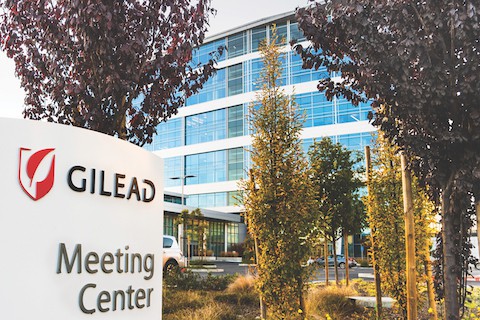
Gilead Science and Kite, a Gilead company, have announced that the National Institute for Health and Care Excellence (NICE) has recommended Yescarta (axicabtagene ciloleucel) to treat certain forms of lymphoma.
Specifically, the therapy is now recommended for adult patients with diffuse large B-cell lymphoma (DLBCL) or primary mediastinal large B-cell lymphoma (PMBCL) who have already been treated with two or more systemic therapies.
The decision from NICE makes Yescarta the first chimeric antigen receptor (CAR) T-cell therapy to be recommended for routine use on the NHS. The therapy modifies patients’ own immune cells to allow them to attach to and kill cancer cells,
The treatment was previously made available through the Cancer Drugs Fund (CDF) in 2018, but will now be commissioned routinely for patients in England after the NHS Commercial Medicines Directorate agreed on a confidential commercial deal with the company, NICE said.
In its decision, the organisation considered new evidence, including data from a clinical trial and from patients receiving the treatment through the CDF.
Overall survival rates in the CDF, with data collected over 36 months, show the median overall survival of patients receiving Yescarta was 28.5 months, with 45% of patients alive after three years.
Helen Knight, director of medicines evaluation at NICE, said: “I am delighted that we have been able to recommend this pioneering treatment for people. The evidence from its use in the CDF and clinical trials shows it can offer an effective treatment, helping people live longer and with a better quality of life.”
DLBCL and PMBCL are both aggressive forms of non-Hodgkin lymphoma. After initial chemotherapy, up to 45% of patients with DLBCL will require a second-line treatment, which often involves high dose chemotherapy and a stem cell transplant. Of those who receive a transplant, about 50% will relapse.
While there is currently no standard treatment for DLBCL or PMBCL after two or more systemic therapies, this decision from NICE will ensure that patients needing third-line treatment will continue to have access to CAR T-cell therapy.
Dr Véronique Walsh, vice president and general manager, Gilead Sciences UK & Ireland said: “This news comes at a time when new hospitals are preparing to deliver CAR T-cell therapies, and will mean that healthcare professionals in these centres will have this treatment as an important option for their patients.”




